ARTIST SPOTLIGHT
19th International Surrealist Exhibition, Saint-Cirq-Lapopie
Surrealism was born in France in the wake of the First World War. An artistic, poetic, and philosophical investigation of the unconscious and the irrational, it aims to free the mind from convention and moral constraint in the pursuit of revolutionizing human experience. Contrary to popular opinion, the movement has never been part of the avant-garde. Far from an aesthetic of the bizarre, with which it is often conflated, Surrealism remains today what it was at its inception: a way of life.
Can silence be painted? How can artists capture interior states, solitude, and the passing of time? How are the homes we live in a reflection of the people who inhabit them? How can we read a painting to piece together the life of the artist?
Author · Executive Producer · Showrunner
The Sandman American Gods · Good Omens · Coraline
Neil Gaiman is the #1 New York Times bestselling author of more than twenty books, including The Sandman, American Gods, Good Omens, Stardust, Coraline, Norse Mythology, Neverwhere, and The Graveyard Book. He’s adapted many of his books for television and film. Among his numerous literary awards are the Newbery and Carnegie medals, and the Hugo, Nebula, World Fantasy, and Will Eisner awards. He is a Global Goodwill Ambassador for United Nations High Commissioner for Refugees (UNHCR). In this episode, Gaiman reads his poems “A Writer’s Prayer” and “These Are Not Our Faces”.
Artist · Interviewer · Creative Educator
Founder of The Creative Process international educational initiative, podcast, and traveling exhibition
Her varied work sees her leading workshops and mentoring students around creativity, critical thinking, environmental ethics, arts and humanities disciplines. Her work appears in public and private collections, including the U.S. Library of Congress, Dublin Writers Museum, Office of Public Works, and other museums and culture centers. She has received awards and honors, including the Prix de Peinture from the Salon d’Automne and exhibited in the Grand Palais. Her paintings of Francis Bacon have won prizes and were exhibited in Paris and Brussels for Bacon’s centenary. As a writer and interviewer, she contributes to various national publications. Funk served on the National Advisory Council of the American Writers Museum and serves on the advisory board of the European Conference for the Humanities.
U.S. Poet Laureate · Host of The Slowdown podcast
This poem was written when I was having a real moment of reckoning, not that I hadn't had it earlier, but where I was doing some deep reading about the climate crisis and really reckoning with myself, with where we were and what was happening, what the truth was. And I felt like it was so easy to slip down into a darkness, into a sort of numbness, and I didn't think that that numbness and darkness could be useful.
I still have problems today. Some people call it stage fright. I don't know what it is, but I'm always right before a concert thinking, Why am I doing this? I should be doing this. I should be doing that. Why am I here? What am I going to do? And I walk up to the microphone, I'm still thinking this, and I start playing. And I'm still thinking, What am I doing here? Why, why, why? All the questions of how I'm going to sustain playing for 45 minutes or an hour, and I'm still playing and playing. And then all of a sudden I go, Well, Mr. Landry, you've got people sitting in the audience. You're getting paid for this. So enjoy yourself. So the next thing I know, the concert is over, and I don't know where I've been.
T.S. Eliot Award-winning Poet, Novelist & Musician, Lead vocalist of The Spasm Band
Author of Sonnets for Albert
The life of Caribbean people is not really documented. So this idea of Caribbean life being fragmented is something that I've had in my mind for a long time. So when I came to write this collection for my father, I realized that it was the same process and what I had were fragments, especially with him, because he wasn't around in a physical sense all the time. So all I had were little photographs, scattered memories, and remembrances. They're little parts of his life and parts of my experience with him... I never disliked my father. I always loved him and always was fascinated and captivated by him.
Einstein on the Beach, it's a masterpiece. America, in 1976, was to be celebrating its 200th year of existence, and Michel Guy, the French Minister of Culture, came to New York to offer a commission to Philip Glass and Robert Wilson to write an opera. This was the gift that France would give for America's two-hundredth anniversary. That was the first time I met Robert Wilson.
I still have problems today. Some people call it stage fright. I don't know what it is, but I'm always right before a concert thinking, Why am I doing this? I should be doing this. I should be doing that. Why am I here? What am I going to do? And I walk up to the microphone, I'm still thinking this, and I start playing. And I'm still thinking, What am I doing here? Why, why, why? All the questions of how I'm going to sustain playing for 45 minutes or an hour, and I'm still playing and playing. And then all of a sudden I go, Well, Mr. Landry, you've got people sitting in the audience. You're getting paid for this. So enjoy yourself. So the next thing I know, the concert is over, and I don't know where I've been.
Explorer, Presenter, Author of Into The Planet: My Life as a Cave Diver
She is a veteran of over thirty years of filming, photography, and exploration on projects in submerged caves around the world. She has made TV series, consulted on movies, written several books and is a frequent corporate keynote speaker. Jill is the first Explorer in Residence for the Royal Canadian Geographical Society, recipient of Canada’s prestigious Polar Medal and is a Fellow of the International Scuba Divers Hall of Fame. In recognition of her lifetime achievement, Jill was awarded the Sir Christopher Ondaatje Medal for Exploration from the RCGS and the William Beebe Award from the Explorers Club.
Journalist, Essayist, Author of A Hard Place to Leave: Stories from a Restless Life
100 Places in France Every Woman Should Go
I started looking over the stories that I had done. I would say the majority of the essays were not really about travel. They were more about aging and marriage and memory and all of those things, but I did find in the travel essays those kernels of things that I wanted to explore - bigger kernels of things that were sort of scratching at me from the inside like a piece of sand in my pocket that was irritating me and that I wanted to explore. What I found was that the theme of coming and going, the theme of arrivals and departures, the theme of entrances and exits, and the theme of home and away seemed to repeat itself. I felt that whenever I was somewhere, there was always a tide home. And when I was home, there was always the urge for going. And so I just weeded out and weeded out and really wanted to keep this theme of home and away.
Artist · Interviewer · Creative Educator
Founder of The Creative Process international educational initiative, podcast, and traveling exhibition
Her varied work sees her leading workshops and mentoring students around creativity, critical thinking, environmental ethics, arts and humanities disciplines. Her work appears in public and private collections, including the U.S. Library of Congress, Dublin Writers Museum, Office of Public Works, and other museums and culture centers. She has received awards and honors, including the Prix de Peinture from the Salon d’Automne and exhibited in the Grand Palais. Her paintings of Francis Bacon have won prizes and were exhibited in Paris and Brussels for Bacon’s centenary. As a writer and interviewer, she contributes to various national publications. Funk served on the National Advisory Council of the American Writers Museum and serves on the advisory board of the European Conference for the Humanities.
Ecologist, Founding President of Safina Center
NYTimes Bestselling Author of Becoming Wild · Song for the Blue Ocean · Beyond Words: What Animals Think and Feel
So we tend to take living for granted. I think that might be the biggest limitation of human intelligence is to not understand with awe and reverence and love that we live in a miracle that we are part of and that we have the ability to either nurture or destroy. The living world is enormously enriching to human life. I just loved animals. They're always just totally fascinating. They're not here for us. They're just here like we're just here. They are of this world as much as we are of this world. They really have the same claim to life and death and the circle of being.
Novelist, Poet & Activist
People who take care of sick people and AIDS and teachers and garbage collectors and people who work in daycare…all the things that have to happen in society we pay shit for. We pay an enormous amount of money to people who can throw a ball through a hoop. We pay an enormous amount of hedge fund people. All the people who take over corporations go in and destroy get immensely rich while the people who do what we actually need doing, what we must have to survive, the people who grow food, the independent farmers that used to exist…
Poet
It's all-inclusive – poetry– and everything is poetry in a certain way, and poetic measure is like what we're composed of. It's what we are. I mean, we're poetry.
Alice Fulton’s books include Barely Composed, a poetry collection; The Nightingales Of Troy, linked stories; and Cascade Experiment: Selected Poems. Her book Felt received the Bobbitt Prize from the Library of Congress, awarded to the best book of poems published within a two-year period. She has received an American Academy of Arts and Letters Award in Literature and fellowships from the MacArthur Foundation, National Endowment for the Arts, Guggenheim Foundation, and Ingram Merrill Foundation. Her other books include Sensual Math, Powers Of Congress, Palladium, Dance Script With Electric Ballerina, and an essay collection, Feeling As A Foreign Language. She lives in Ithaca, NY.
Award-winning Memoirist & Poet
The Magical Language of Others · A Lesser Love
I had delayed speech, and I had quite a bit of trouble with speaking. I think I must have been five before I was uttering some of my first words and trying to articulate. Simple communication was very difficult for me and my family, especially in a family where we were speaking several languages. They hoped to instill English. It’s the language of survival. There was a lot of frustration and fear in my relationship to language, and the relationship these languages had to each other, that was something I felt very sensitive to since I was young. Since before I could speak.
An extended creative essay for The Creative Process and One Planet podcast
Growing up in Zimbabwe to British parents, Doris Lessing often imagined herself into the landscape of modern England. In it, she saw the possibility of freedom, the horizon of an emergent literary life, and the promise of a prodigal return to the homeland.
The real issue with the island was his wife. She had never known it as well, perhaps not appreciated it as much either. She was a bit slower now, her memory was no longer what it once was. As much as it pained him to admit it, he knew that this could be their last trip.
In my dreams there are no clocks, only shadows and cries of love, and arguments which end in lovemaking. In my dreams there are no mornings, only nights and late afternoons…
Nino Sarabutra · Artist
There is a proverb from the North Eastern region of Thailand where I come from that says ‘Death follows you every step. Until waking up in the morning and seeing each other’s face, it’s uncertain we are still alive’. It reminds people to be aware of the present. To be thoughtful about their actions and responsible for what they are doing at every moment.
Artist
My two most recent installations, Driven From Their Homes and Arrival: The Rohingya, are anti-war travels and stories and a call to mercy.
He heard the woman yelling his sister’s name. The yelling was shrill. The next thing he knew, his mother was rushing him out into the fenced backyard.
Dance Video
One thing the crisis has made us all appreciate more is the importance of the arts. I’m so honored to be a small part of this great big community whose whole purpose is to encourage us to feel, to think…and to love.
Etiuda Wspomnienia Klaudia Folga
from our Collaborators at Łódź Film School
You are an old fashioned person. You believe in keeping things and not forgetting the old ways. You are honest. You always said exactly what is on your mind. At a time when being an immigrant and being a woman wasn’t easy, you became a businesswoman. You didn’t succeed by making yourself invisible, you spoke out and spoke up. You are a spontanous speechwriter, never at a loss for words - everyone knows this about you.
In the fading twilight,
Everything in the world becomes one and the same,
Silhouettes of the same shade
In her face, he sees the moon, serene and still. Inching closer, Lucas carefully pulls their covers up around her shoulders, so her sleep turns sweeter, as morning blooms.
Come, have a seat!
Would you like to sip from the glass I just have had drank water?
Or shall we begin without it?
In my dreams I became mad too many times,
Interview with Mariam Al-Ali
When one thinks of calligraphy, the first words that come in mind are preciseness, distinctness, measure, and beauty.
At the crossroads of Africa, Europe and the Middle-East, Morocco’s musical culture is at the image of the country’s ethnical diversity. In his Tableau de la musique marocaine, Alexis Chottin reminds us of Morocco’s unique spot as both a “member of the Muslim family” and Northern-African country. As such, its musical culture bears witness to its complex history of slavery, racism and Islamic spirituality, interwined in Gnawa culture.
As the entire globe experiences the difficulties and dangers of Covid-19, many areas of life are being affected. Not only have restaurants and malls closed to promote social distancing and prevent further spread of the virus, art galleries, museums, and artist all around the world are struggling to show their work.
I open John Ruskin’s “Work” which he delivered at the Working Men’s Institute at Campbell. I try to tempt myself with the deception that I would enjoy preparing for this class as the topic of class disparity is close to my heart.
Time is one of the elements that everybody in the world experiences. As we encounter time in the present, this moment instantly becomes the past and the future becomes the present. However, according to the spacetime continuum, time is relative to space on a constant world line.
During this quarantine period, the world seems extra surreal. The outside is unsafe, close contact with other human beings are discouraged and the digital world is taking over our lives more distinctly than ever. All of these resulted in forming hyper realistic but highly stressful and disruptive dreams.
For me, I like that I can create images that connect with other people as well as educate them on the forgotten history of American History. I focus on Black history and the Black experience because that is the history I grew up with but as I got old I realized that others around me had no idea what I was talking about.
Artist
Art will remain important after the era of transition to digital sources. Again, the price will be created by the hands of art.
Artist
Art and the creative process allowed me to return to a deeper identity than the one I had built for myself to survive. In doing so, I was able to discover the energy that inhabited me beyond the vicissitudes of life.
Painter · Videographer
The questions of movement and fiction are at the heart of my practice. Throughout my projects, I wonder about the very technique of animation, going from experimental video to creating complex stories.
I believe deeply in art as a tool of transformation, both individually and socially. Contemporary artistic practices enable dialogue with issues that affect all of us as inhabitants of the same world, affected and affecting by the same imaginaries, symbols and dreams.
Artist
Yumiko Ono’s theme is utopia/utopian architecture, an ideal world that exists in imagination.
Painter · Engraver
It is the desire to express my emotions through my works that makes me the creator that I am. For this I left Japan to fully live my passion: creation.
I am artist because I can not not other things. My artwork is the fruit and the result of an art research. I try to give to see what can be in the order of feminine.
Artist
My country is a country of legend
It’s the land of wind, sand and sun
This is the region of Sistan and Baluchistan
The women of my land are beautiful, kind
What do we know about Mary Shelley? Do we know that she was nineteen years when she wrote Frankenstein novel?
You are covered in a thin layer of sleep
At any minute the eyes in your skull may open
In the asphalt-paved night you open a door for us
I am pregnant with myself
Pregnant with my master who lies sweating in my cocoon
The details of rain when it wails on tired faces take me
The ocean seethed like molten lead. It could disfigure your heart.
It is so bitter that I have begun to ignore the darkness. The metaphor which has played the role of almost an eternity for my mortality. I cannot even see, rather sense, darkness anymore.
An investigation on time
As we move forward, time in a physical sense changes with us, but our mind can still be trapped within a certain time.
When I’m painting I don’t think about gender. When I’m doing artwork, it’s about the only time I get to forget that I’m a woman, that I’m Asian, and I belong to a certain social class. These things that define me in my waking life disappear when I’m painting.
The first time I saw her she was in a window. Under her left breast was taped a cardboard sign: Love, For a Limited Time Only. That’s what caught my eye, the sign, not her breasts, though those were nice too. I stared at the sign a moment, reading it over like a poem, to reveal its secret meaning.
If someone asked Mother what she thought Daughter would grow up to be, she wouldn’t in a million years have guessed this.
And when this will be solved in a believable and natural way, it will create new forms of narratives, unlike anything we’ve ever seen before.
The woman sits on a bench overlooking the sea. Below, the child runs along the deserted beach, arms outstretched…
When she was young it was the sick room, post-war green painted walls you could chalk on, where you were quarantined if ill. She’d sit at the open window singing to the house next door – she loved folk tales.
‘Do you know where dead birds are?’ the child asked the stone, because no one could answer her question.
Almost all the passengers / stare at their cellphones / solemnly attentive / to kindling screens
Drive the brain into books like nails
Fix the heart to the Muse's chest
Golden sepia shades
goodbye trains leaving my thoughts
I meet people
I observe their shoes.
They say a lot.
None. No one is not connected to someone else in the city who was hurt that night or dead. It is
the no-degrees of separation or escape. Or times we’ve been borne to. Everyone knows someone
The shiny red leather. The silky red ribbons. The silver toe and heel taps. At school she pictured herself wearing the shoes and imagined how they would sound on the old wooden floor of her dancing class.
That’s how the child fed the stone to let it live.
I was a very active child. My mom said that I started walking very early when I was young. I loved to go to long hiking with my father and dogs. I remember that I just loved being physically active.
She scrambles over rocks to where a solitary rowan survives – a rowan, shaped by the wind, spindly, struggling. She runs her hand down its smooth silvery bark, ties red thread to its branches and, between arriving and leaving, stops for a moment.
She opens the door to the library and walks barefoot, following the arrows marking the way; turn right, turn left, straight ahead. Row after row of memories, stacked, classified, catalogued, labelled – shelved. Her fingers, playing moments like a harp, release the fragrance of sweet peas, damask roses. She has brought ribbons with her.
I favor the left side a smidge.
I read with my left eye, write with my left hand,
So that my friends / might love me more / perhaps I should stop / writing about them
The Creative Process is collaborating with film schools and universities on intensive workshops and 4th-year courses combining film and literature. Multi-disciplinary artist Bronka Nowicka is directing one such program at Łódź Film School, and we are honored to showcase the imaginative works of their students and faculty.
I am in love / Without you / Infatuated with a thought / Born and raised within fiction / I am in love with a story
Intimacy requires time and closeness. Intimacy emerges when we dare to surrender to ourselves and each other with no need to defend or judge.
The Creative Process is collaborating with film schools and universities on intensive workshops and 4th-year courses combining film and literature. Multi-disciplinary artist Bronka Nowicka is directing one such program at Łódź Film School, and we are honored to showcase the imaginative works of their students and faculty.

I should have loved you when I had a chance. When the time was right and, as they say, all the ducks were lined up, and it would have all been so easy. That small window, open just a crack, but with a crowbar and this thing growing in me–was it even then love?–I could have got down there and pried it open.
I hear the slamming of a door, bolted shut, which belongs to a house with a weather-beaten chimney. On the street tinkles the sour moaning of the windows’ metal bars. Street lamps are shining in a depressive state. A seventy-two-year-old helpless loner walks past me.
They made love in the dunes by the old Air Force base—gone the war games there, gone the men who played them. Miles of high dunes, as in old films where some sunburnt Brit garbed in white has come to set things straight.
For years the young man had passed them—she had, too—he in his gray car, she in her red. They met one night at a blues bar, had their first date on a weekday.
Was it hard to get the day off? he asked.
Don’t have it off. Had to switch shifts.
What’d you tell them?
She looked at him.
I told them I ached. That knocked him back, & for a long time he was mute as they walked those dunes, turned once in a while to see their tracks. They chose a smooth dune to spread their quilt on.
This sea’s too blue, she said, as they laid out their food, poured the red wine, leaned back.
This is an old bomb range, you know, he said. They’ve cleaned it up, but I bet if we looked hard we could find some shells.
So how would the headline read, she asked: “Two Felled by Sheathed Shells at the Seashore?” I’ll pass. But I guess if you make a pass at me…
Late that day he said You know, I could just stay, end my life right here, let gulls pick me clean, let sand blow past my bones for years, and I’d be gone—all of me, gone. I mean, don’t you just feel it? The thrill of it?
Oh, for Christ’s sake, she said. I’m late for work.
They picked up their things, found their tracks, walked back to the car.
–
Conversation with Showrunner · Creator · Head Writer DEBORA CAHN
I feel very fortunate that the medium I’m in is television, which is a very long form of storytelling. You're not telling a single story; you're telling a world. You're inviting people into a world and asking them to live there with you and these characters for a period of time. The best I can do is build a world where people grapple with these important questions and try their best. All I can expect from people and from myself is that we're trying to do something larger than ourselves.
Conversation with Showrunner · Creator · Head Writer DEBORA CAHN
I feel very fortunate that the medium I’m in is television, which is a very long form of storytelling. You're not telling a single story; you're telling a world. You're inviting people into a world and asking them to live there with you and these characters for a period of time. The best I can do is build a world where people grapple with these important questions and try their best. All I can expect from people and from myself is that we're trying to do something larger than ourselves.
Singer-songwriter · Documentary Filmmaker · Founder of The White Feather Foundation
Photographer/Author of Life’s Fragile Moments
I think a lot of joy comes from helping others. One of the things that I've been really focusing on is finding that balance in life, what’s real and what’s true and what makes you happy. How can you help other people feel the same and have a happier life? I think whatever that takes. So if that's charity, if that's photography, if that's documentary, if that's music, and I can do it, then I'm going to do it.
Singer-songwriter · Documentary Filmmaker · Founder of The White Feather Foundation
Photographer/Author of Life’s Fragile Moments
I think a lot of joy comes from helping others. One of the things that I've been really focusing on is finding that balance in life, what’s real and what’s true and what makes you happy. How can you help other people feel the same and have a happier life? I think whatever that takes. So if that's charity, if that's photography, if that's documentary, if that's music, and I can do it, then I'm going to do it.
How and when will we transition to a clean energy future? How have wetlands become both crucial carbon sinks and colossal methane emitters in a warming world? What lessons can we learn from non-human animals about living in greater harmony with nature?
Neuroscientist · Fmr. Dancer
Author of The Pathway to Flow: The New Science of Harnessing Creativity to Heal and Unwind the Body & Mind
The state of being in flow and seeking out that state, sort of disappearing from the here and now... it must have been something that has been part of human cultures for many millennia. We know that, for example, dancing can bring you into these states. And we know from many anthropological works that people dance themselves into trance, a type of flow. So, there is that flow in this scientific sense of a state of well-being. And we will speak about what that does to our brain and our broader wellbeing, but also the flow in what cues enter into our senses. So that would be a scientific field that looks at brain synchrony, physiology synchrony, these waves that we see that sort of connect with us.
Neuroscientist · Fmr. Dancer
Author of The Pathway to Flow: The New Science of Harnessing Creativity to Heal and Unwind the Body & Mind
The state of being in flow and seeking out that state, sort of disappearing from the here and now... it must have been something that has been part of human cultures for many millennia. We know that, for example, dancing can bring you into these states. And we know from many anthropological works that people dance themselves into trance, a type of flow. So, there is that flow in this scientific sense of a state of well-being. And we will speak about what that does to our brain and our broader wellbeing, but also the flow in what cues enter into our senses. So that would be a scientific field that looks at brain synchrony, physiology synchrony, these waves that we see that sort of connect with us.
Artists, Writers, Visionaries & Educators Share their Stories
How can the arts help us learn to speak the language of the Earth and cultivate our intuitive intelligence? What is the power of mentorship for forging character and creative vision? How can we hold onto our cultural heritage and traditions, while preparing students for the needs of the 21st century?
Have we entered what Earth scientists call a “termination event,” and what can we do to avoid the worst outcomes? How can we look beyond GDP and develop new metrics that balance growth with human flourishing and environmental well-being? How can the 15-minute city model revolutionize urban living, enhance health, and reduce our carbon footprint?
Professor of Political Science · McGill University
Author of Hobbes and the Two Faces of Ethics · Assoc. Editor · Free & Equal
There is a tremendous tension between healthy democracy and deep economic inequalities. I don't think that, in the long run, democracies can survive in a healthy way unless we address the problem of economic inequalities. If we have individuals who are living day to day, on the one hand, and we have other individuals who are billionaires in our societies, on the other hand, it will be very difficult for us to have a genuine democracy.
Professor of Political Science · McGill University
Author of Hobbes and the Two Faces of Ethics · Assoc. Editor · Free & Equal
There is a tremendous tension between healthy democracy and deep economic inequalities. I don't think that, in the long run, democracies can survive in a healthy way unless we address the problem of economic inequalities. If we have individuals who are living day to day, on the one hand, and we have other individuals who are billionaires in our societies, on the other hand, it will be very difficult for us to have a genuine democracy.
Economist · Oxford & King’s College London
Author of Growth: A Reckoning · A World Without Work
We have a choice to change the nature of growth. How we can have growth that is more respectful of place, doesn’t cause as much damage to the environment, doesn't lead to as large inequalities in society, doesn’t disrupt politics, doesn't undermine the availability of good work? We ought to pursue this morally enriched GDP measure which better reflects what we really value and care about as a society.
Economist · Oxford & King’s College London
Author of Growth: A Reckoning · A World Without Work
We have a choice to change the nature of growth. How we can have growth that is more respectful of place, doesn’t cause as much damage to the environment, doesn't lead to as large inequalities in society, doesn’t disrupt politics, doesn't undermine the availability of good work? We ought to pursue this morally enriched GDP measure which better reflects what we really value and care about as a society.
Originator of the 15-Minute City Concept · Author of The 15-Minute City: A Solution to Saving Our Time & Our Planet
It all starts at home. As a university professor, I have observed the process of transformation of different generations. We need to find a sense of life. We need to find a sense of belonging to our humanity, but to have this sense of life, we need to find a sense in our local communities.
Originator of the 15-Minute City Concept · Author of The 15-Minute City: A Solution to Saving Our Time & Our Planet
It all starts at home. As a university professor, I have observed the process of transformation of different generations. We need to find a sense of life. We need to find a sense of belonging to our humanity, but to have this sense of life, we need to find a sense in our local communities.
Functional Neurosurgeon · Professor · University of Utah
When you think about the evolution of the human brain–just like other animals that have specialized in speed or keeping warm or gathering food–I feel our brain sort of specialized being creative and flexible and being able to generate different solutions to a given problem. To me, this is probably the most fascinating thought process that happens in the human brain. And what I do in neurosurgery–and my subspecialty is called functional neurosurgery–we don't deal with disorders in which there's an anatomical abnormality inside the brain. We deal with disorders in which there is an abnormal connection or abnormal circuitry inside the brain when there's an issue with the way the brain functions. There's no tumor. There are no abnormal blood vessels or anything like that. And that gives us an amazing opportunity to really investigate how different circuits and different areas inside the brain work.
Functional Neurosurgeon · Professor · University of Utah
When you think about the evolution of the human brain–just like other animals that have specialized in speed or keeping warm or gathering food–I feel our brain sort of specialized being creative and flexible and being able to generate different solutions to a given problem. To me, this is probably the most fascinating thought process that happens in the human brain. And what I do in neurosurgery–and my subspecialty is called functional neurosurgery–we don't deal with disorders in which there's an anatomical abnormality inside the brain. We deal with disorders in which there is an abnormal connection or abnormal circuitry inside the brain when there's an issue with the way the brain functions. There's no tumor. There are no abnormal blood vessels or anything like that. And that gives us an amazing opportunity to really investigate how different circuits and different areas inside the brain work.
Creative & Academic Director · Stanford d.school
Co-authors of Assembling Tomorrow: A Guide to Designing a Thriving Future
Today, someone is putting the finishing touches on a machine- learning algorithm that will change the way you relate to your family. Someone is trying to design a way to communicate with animals in their own language. Someone is cleaning up the mess someone else left behind seventy years ago yesterday. Today, someone just had an idea that will end up saving one thing while it harms another.
To be a maker in this moment— to be a human today— is to collaborate with the world. It is to create and be created, to work and be worked on, to make and be made. To be human is to tinker, create, fix, care, and bring new things into the world. It is to design. You— yes, you!— might design products or policy, services or sermons, production lines or preschool programs. You might run a business, make art, or participate in passing out meals to the poor. You may write code or pour concrete, lobby for endangered species legislation or craft cocktails. Wherever you fit in, you are part of shaping the world. This is design work.
– Assembling Tomorrow: A Guide to Designing a Thriving Future
Creative & Academic Director · Stanford d.school
Co-authors of Assembling Tomorrow: A Guide to Designing a Thriving Future
Today, someone is putting the finishing touches on a machine- learning algorithm that will change the way you relate to your family. Someone is trying to design a way to communicate with animals in their own language. Someone is cleaning up the mess someone else left behind seventy years ago yesterday. Today, someone just had an idea that will end up saving one thing while it harms another.
To be a maker in this moment— to be a human today— is to collaborate with the world. It is to create and be created, to work and be worked on, to make and be made. To be human is to tinker, create, fix, care, and bring new things into the world. It is to design. You— yes, you!— might design products or policy, services or sermons, production lines or preschool programs. You might run a business, make art, or participate in passing out meals to the poor. You may write code or pour concrete, lobby for endangered species legislation or craft cocktails. Wherever you fit in, you are part of shaping the world. This is design work.
– Assembling Tomorrow: A Guide to Designing a Thriving Future
Founding Director · Remuseum
Fmr. Director · Speed Museum · Attorney · Co-Founder & CEO · IMC Licensing
The opportunity is that we have never had a public that is more passionate and obsessed with visual imagery. If the owners of the best original imagery in the world can't figure out how to take advantage of the fact that the world has now become obsessed with these treasures that we have to offer as museums, then shame on us. This is the opportunity to say, if you're spending all day scrolling on Instagram looking for amazing imagery, come and see the original source. Come and see the real work. Let us figure out how to make that connection.
Founding Director · Remuseum
Fmr. Director · Speed Museum · Attorney · Co-Founder & CEO · IMC Licensing
The opportunity is that we have never had a public that is more passionate and obsessed with visual imagery. If the owners of the best original imagery in the world can't figure out how to take advantage of the fact that the world has now become obsessed with these treasures that we have to offer as museums, then shame on us. This is the opportunity to say, if you're spending all day scrolling on Instagram looking for amazing imagery, come and see the original source. Come and see the real work. Let us figure out how to make that connection.
Professor of Neuroscience & Principal Investigator at Columbia University’s Zuckerman Mind Brain Behavior Institute
I came to neuroscience from a humanistic perspective. I was very interested to find out who we are. What do we know? What do we think we know? Why do we think we know certain things? How do we see things? How do we perceive them? Ultimately, the question behind curiosity is what things we find interesting in our environment. The way I think about eye movements is that they really are trained in some largely subconscious process.
Professor of Neuroscience & Principal Investigator at Columbia University’s Zuckerman Mind Brain Behavior Institute
I came to neuroscience from a humanistic perspective. I was very interested to find out who we are. What do we know? What do we think we know? Why do we think we know certain things? How do we see things? How do we perceive them? Ultimately, the question behind curiosity is what things we find interesting in our environment. The way I think about eye movements is that they really are trained in some largely subconscious process.
Earth Systems Scientist · Royal Holloway University of London
I am a Christian and I have strong Muslim and Jewish friends as well as great respect for Hindu beliefs. I grew up in Southern Africa and I am well aware of the depth of some Indigenous beliefs. I think that having belief systems does give you a very different perspective sometimes. Now, in Christianity, the concept of the shepherd, human beings are here and this is our garden, our garden of Eden, but we have a responsibility. And if we choose to kick ourselves out of the garden, there are consequences. And that's precisely what we are doing. The garden is there, it's lovely, and we can manage it, and it's our job to manage it. We can manage it properly. We can respect it. It's for all creation, and it's very explicit that it involves all Creation. And that's a very fundamental biblical law that you have to respect all Creation. And if you don't do that, then the consequences—you’re basically throwing yourself out of the Garden of Eden.
Screenwriter · Exec. Producer · Showrunner
Creator of Hulu's Tell Me Lies · Queen America
Often when people write or make movies about romances with young adults, I think they are very flippant about it and don't take it seriously. But I think that those friendships and romantic relationships are some of the most important ones because they really set the stage for the rest of our lives. If your first relationship is incredibly toxic and damaging, it can take you years to figure out that that's not normal, and that that's not actually how relationships are meant to be.
Screenwriter · Exec. Producer · Showrunner
Creator of Hulu's Tell Me Lies · Queen America
Often when people write or make movies about romances with young adults, I think they are very flippant about it and don't take it seriously. But I think that those friendships and romantic relationships are some of the most important ones because they really set the stage for the rest of our lives. If your first relationship is incredibly toxic and damaging, it can take you years to figure out that that's not normal, and that that's not actually how relationships are meant to be.
Pulitzer Prize-winning Journalist · NYTimes Op-Ed Columnist
Author of Chasing Hope, A Reporter's Life · Coauthor of Half the Sky · Tightrope · A Path Appears
I'm trying to get people to care about a crisis in ways that may bring solutions to it. And that's also how I deal with the terror and the fear to find a sense of purpose in what I do. It's incredibly heartbreaking to see some of the things and hear some of the stories, but at the end of the day, it feels like–inconsistently here and there–you can shine a light on problems, and by shining that light, you actually make a difference.
Pulitzer Prize-winning Journalist · NYTimes Op-Ed Columnist
Author of Chasing Hope, A Reporter's Life · Coauthor of Half the Sky · Tightrope · A Path Appears
I'm trying to get people to care about a crisis in ways that may bring solutions to it. And that's also how I deal with the terror and the fear to find a sense of purpose in what I do. It's incredibly heartbreaking to see some of the things and hear some of the stories, but at the end of the day, it feels like–inconsistently here and there–you can shine a light on problems, and by shining that light, you actually make a difference.
Literary Critic · Historian of Science · Educator
Author of Natural Magic: Emily Dickinson, Charles Darwin, and the Dawn of Modern Science
There is a stronger connection between Dickinson and Darwin than the proximity of history. Or the universality of literature. They both understood natural science and the natural world in ways that seem strange and somewhat surprising in the 21st century. Their 19th century attitudes to nature and the study of it are so different from ours that when we trace their stories, a vanished world begins to emerge. The more I consider these figures together, the more I feel their world and my world. come alive. Darwin and Dickinson illuminate each other. By reading them together, we can start to understand the interconnected relationships that animated 19th century poetry and science.
OTHER VOICES
The traveling exhibitions are augmented by projection elements (a variety of interviews, stories, poems, artworks, essays, creative insights, short films and dance) by contributors from over 50 countries, alongside documentation of art and educational initiatives The Creative Process is involved in. Below is a brief selection.
IN CONVERSATION
I have been trying over the past twenty years to balance the serious and disturbing information I absorb at my job about human suffering, the earth's failing environment, and the atrocities of unnecessary wars, in a way that allows me to also, sometimes, feel joy.
I think what is going on now is we are being forced to recognize that this paradigmatic Western civilization, what we are part of, that we have been indoctrinated with, has fundamental flaws. And the most fundamental flaw is this automatic assumption that everything coming from the West always came from the West, had no other origins, whereas it’s almost the opposite.
The English way of saying, well, you meet a new person and what was he like? "What was he like?" is a very strange thing to say. It's saying: don't tell me how he was. Tell me what he resembles. Isn't that weird? It says: tell me a story.
PURE IMAGINATION PROGRAM for YOUNG WRITERS
OUR VOICES, OUR STORIES, OUR LIVES
"IMAGINATION is not only the uniquely human capacity to envision that which is not, and, therefore,
the foundation of all invention and innovation. In its arguably most transformative and revelatory capacity,
it is the power that enables us to empathize with humans whose experiences we have never shared." –J.K. ROWLING

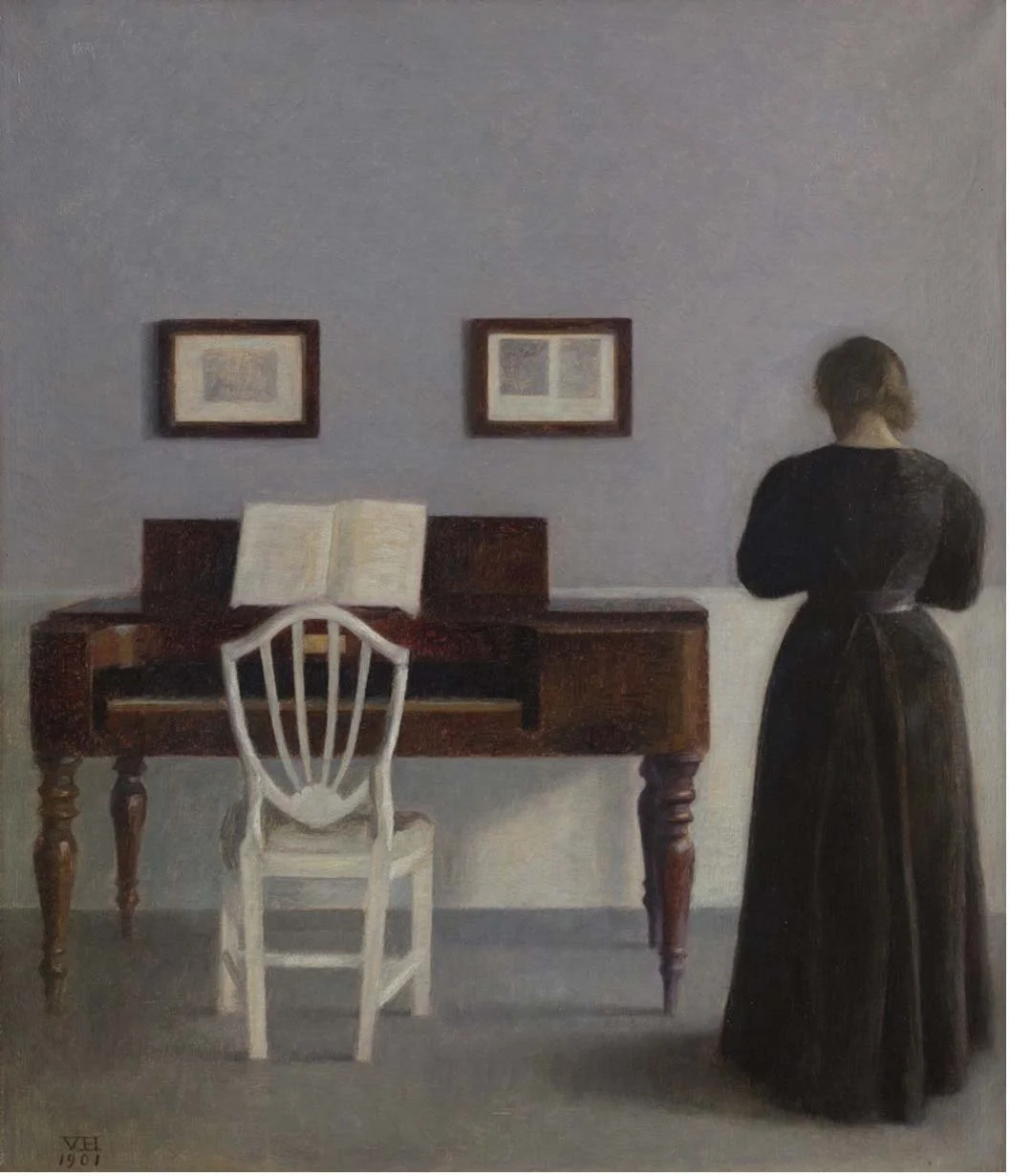




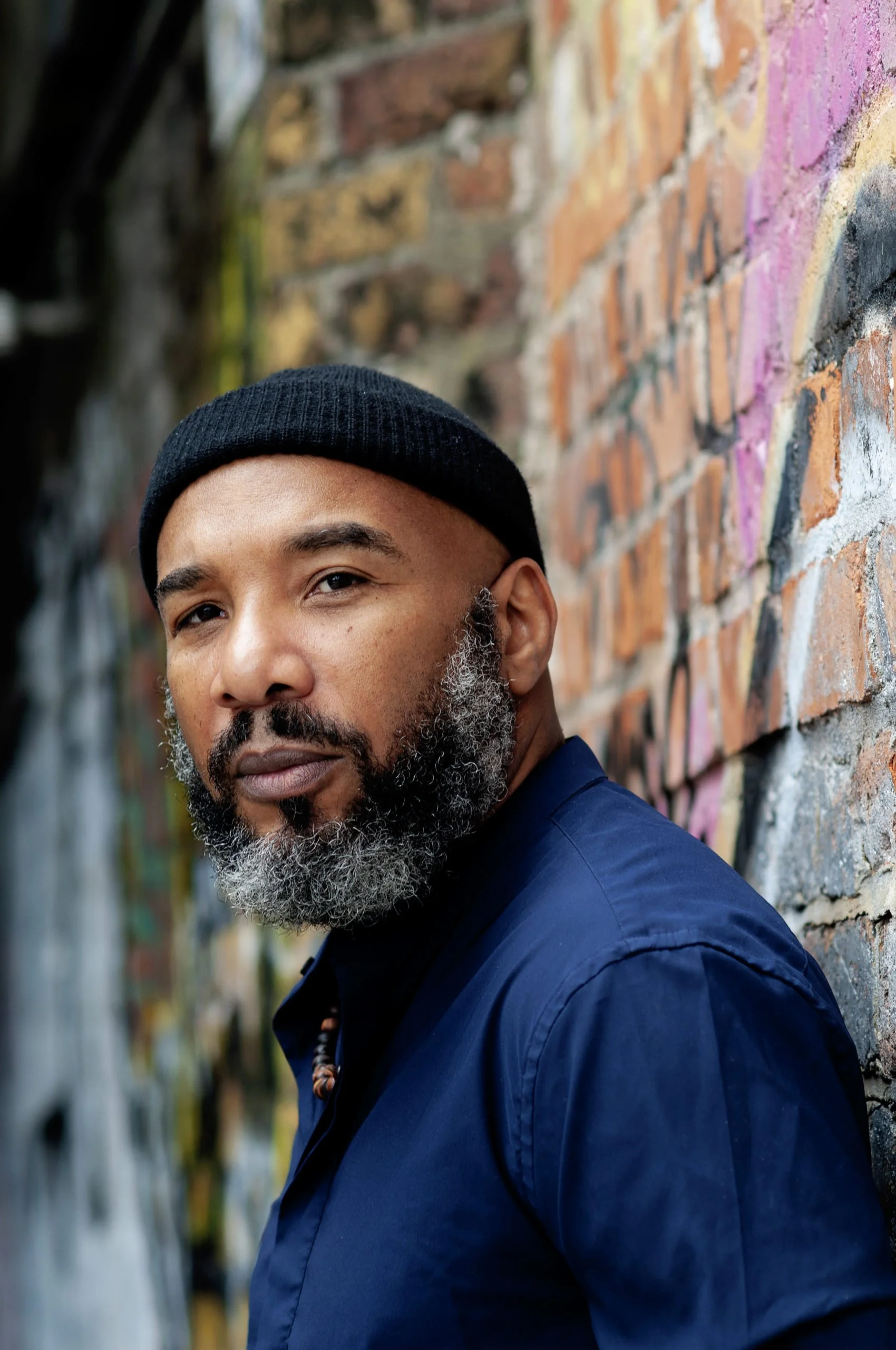



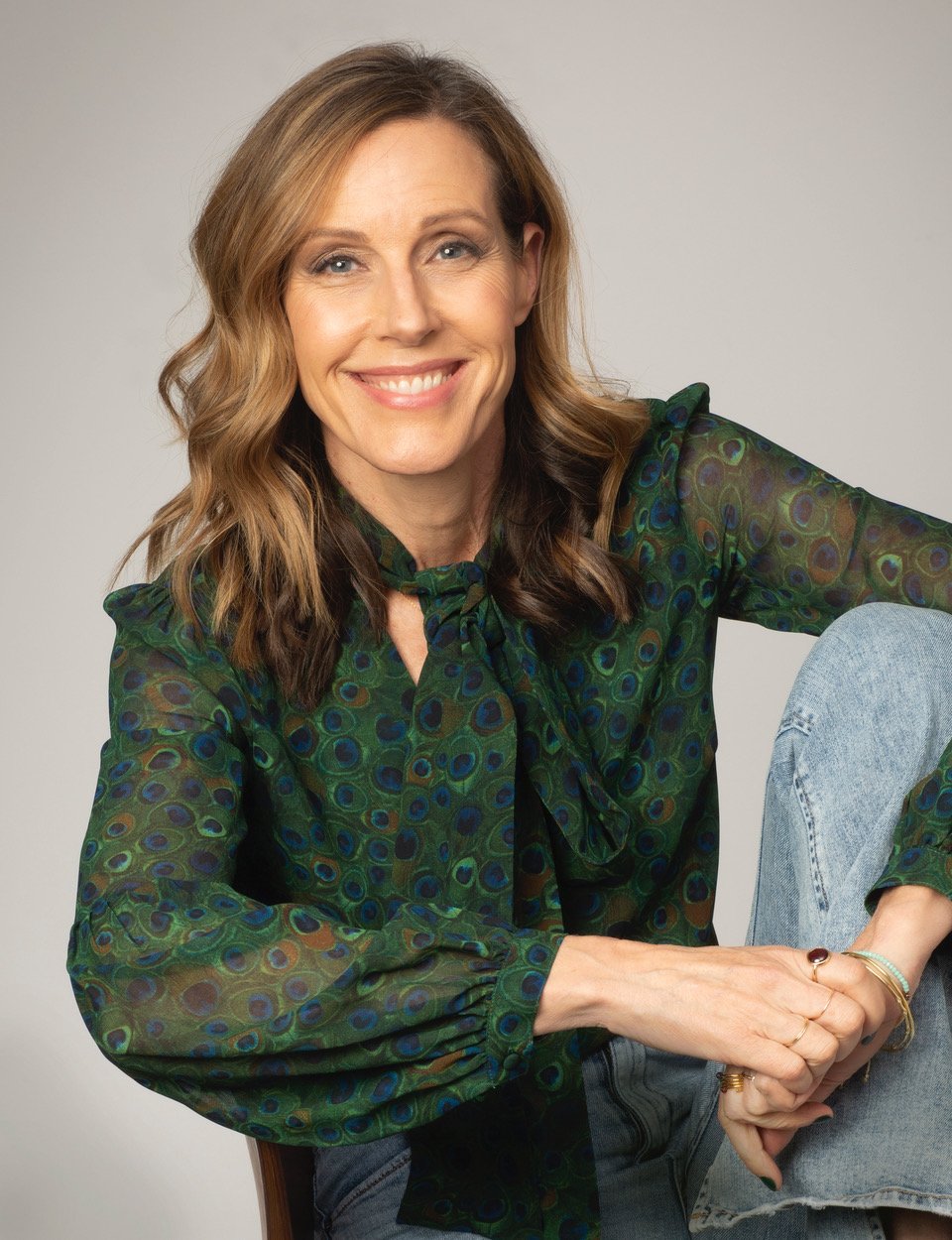








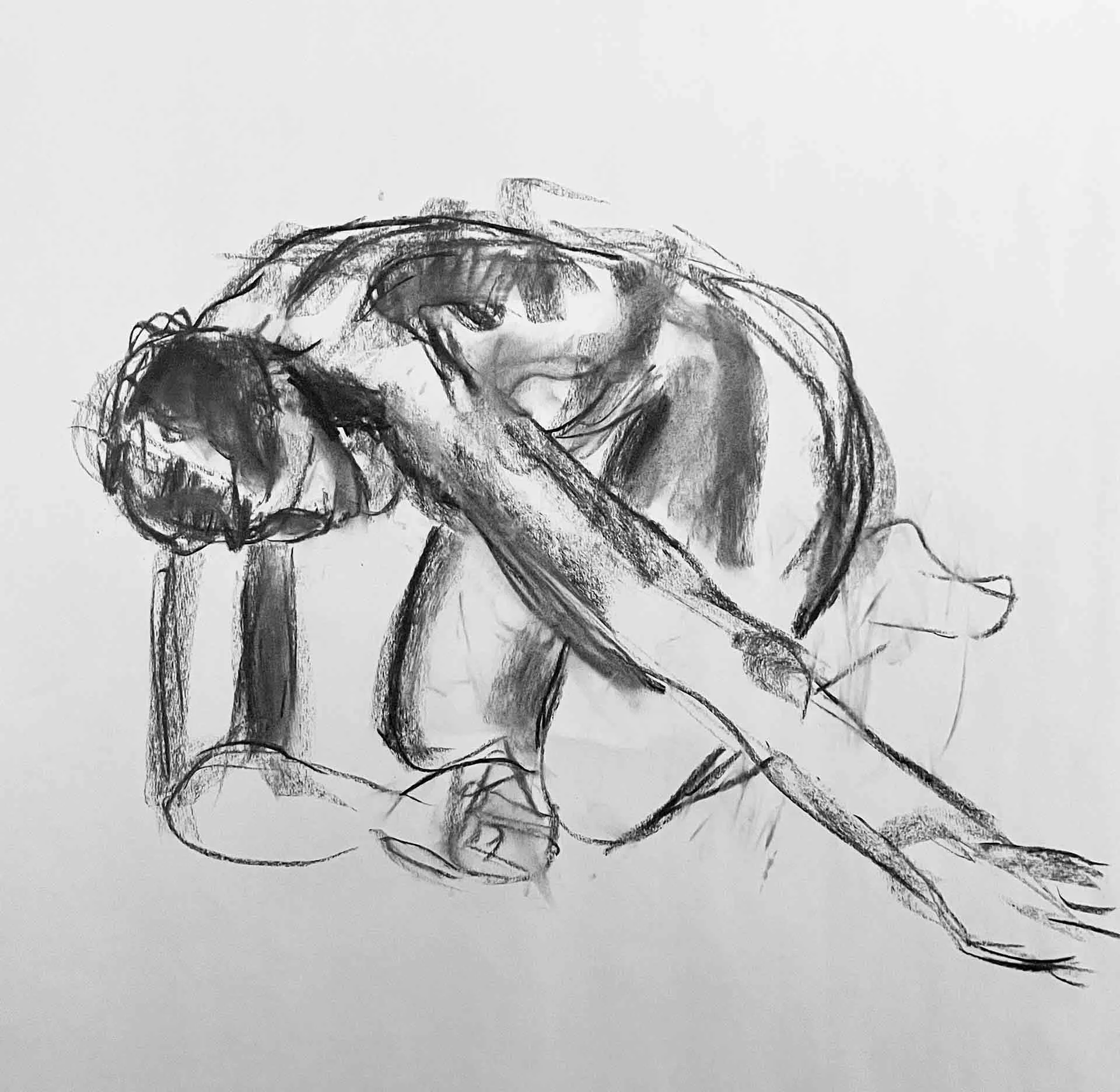


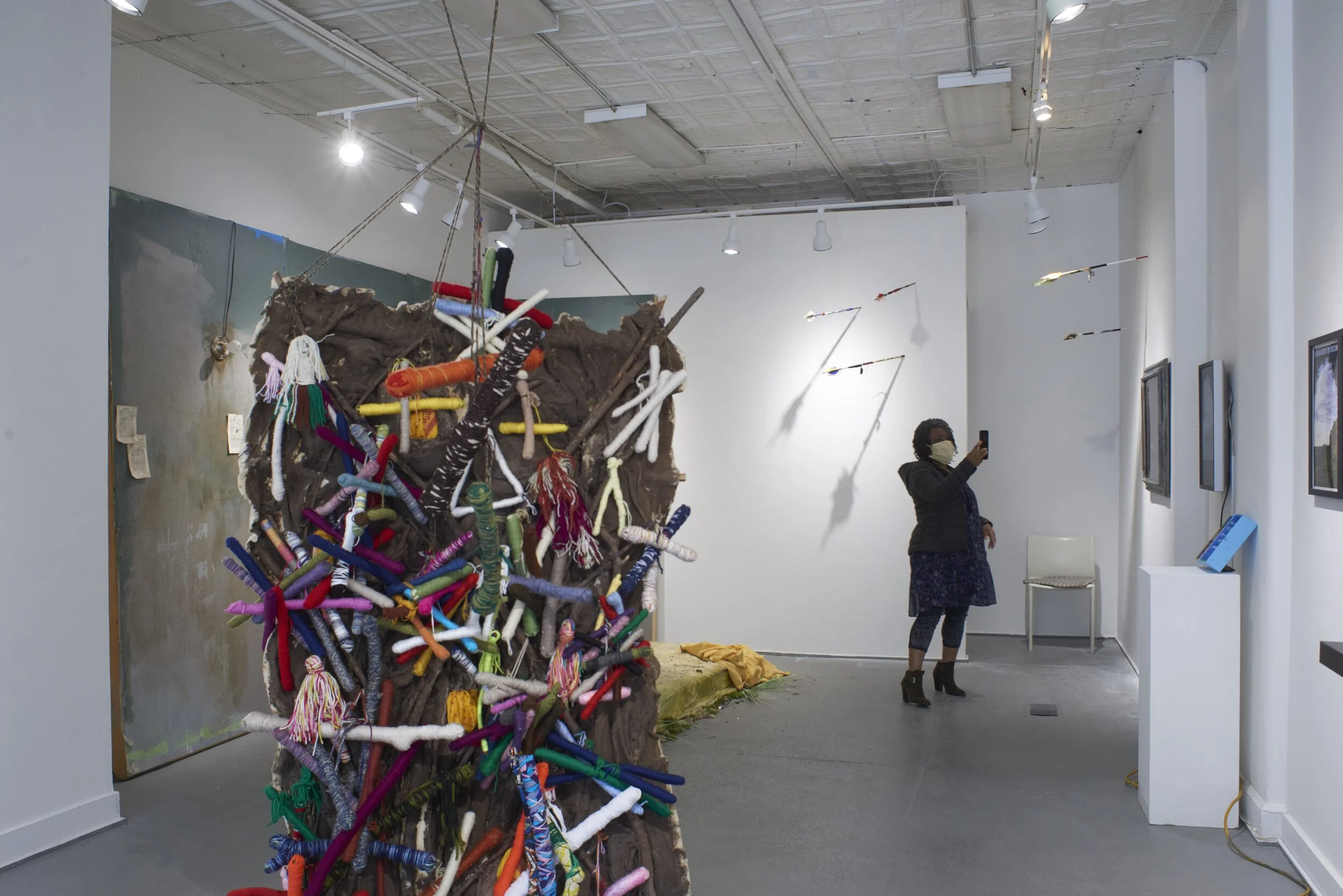









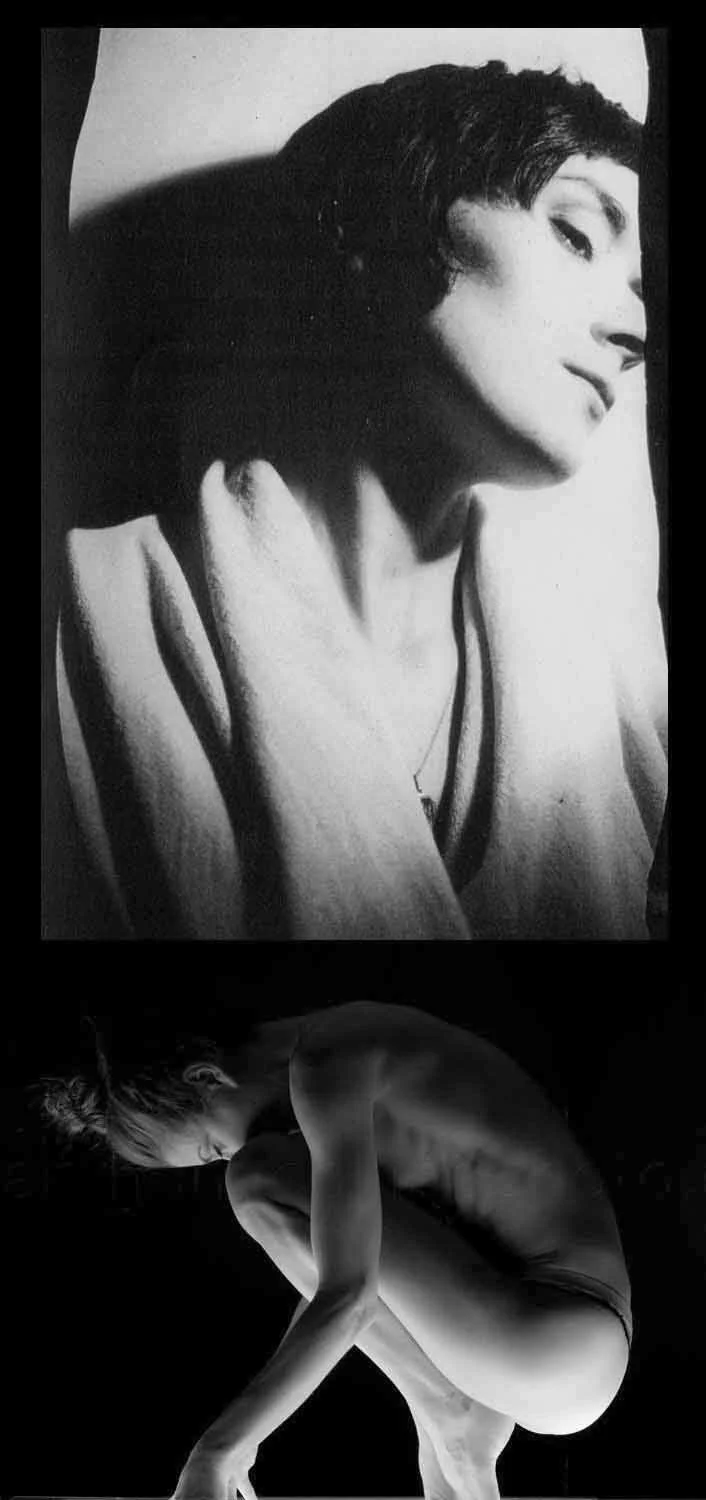
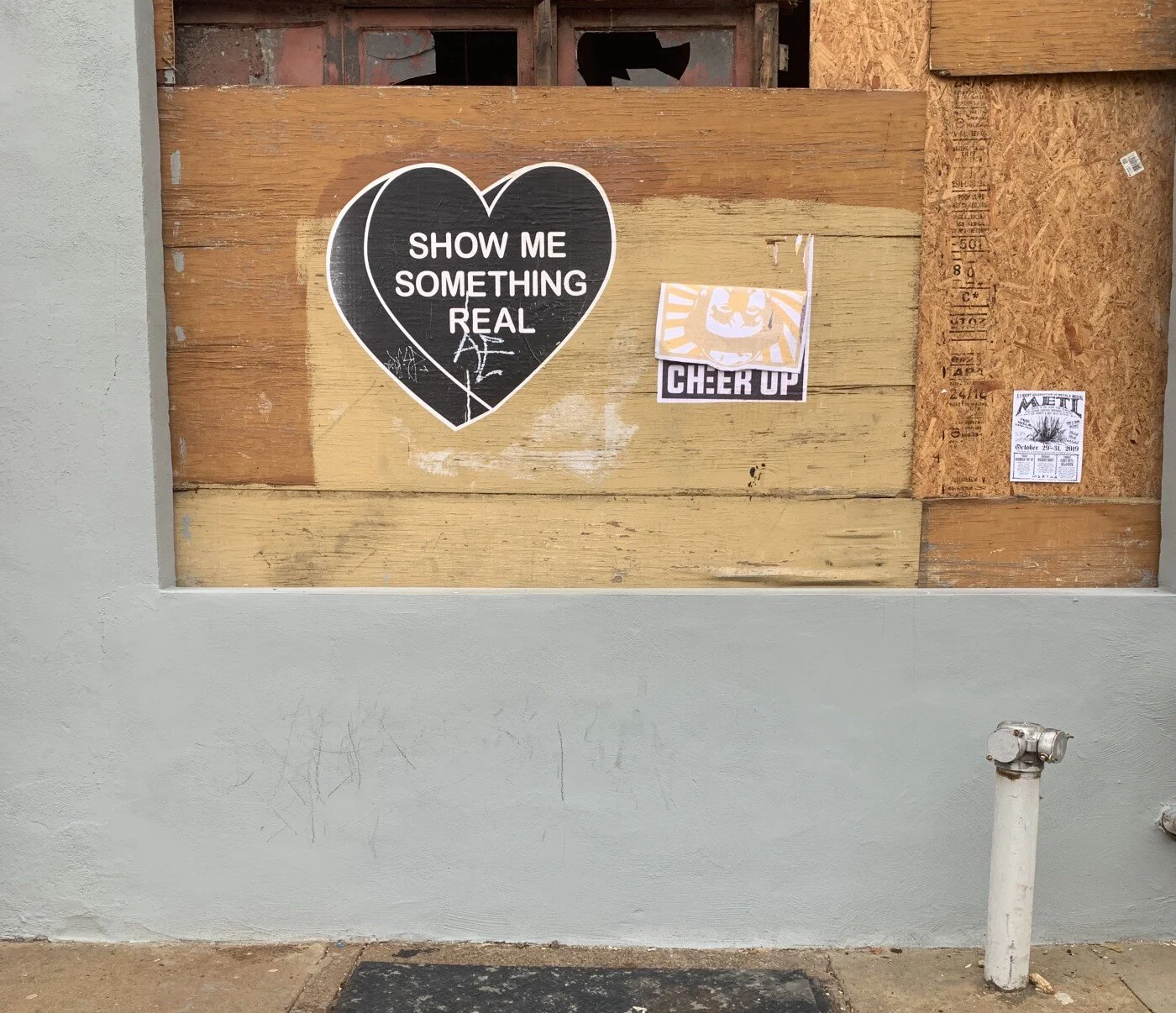




























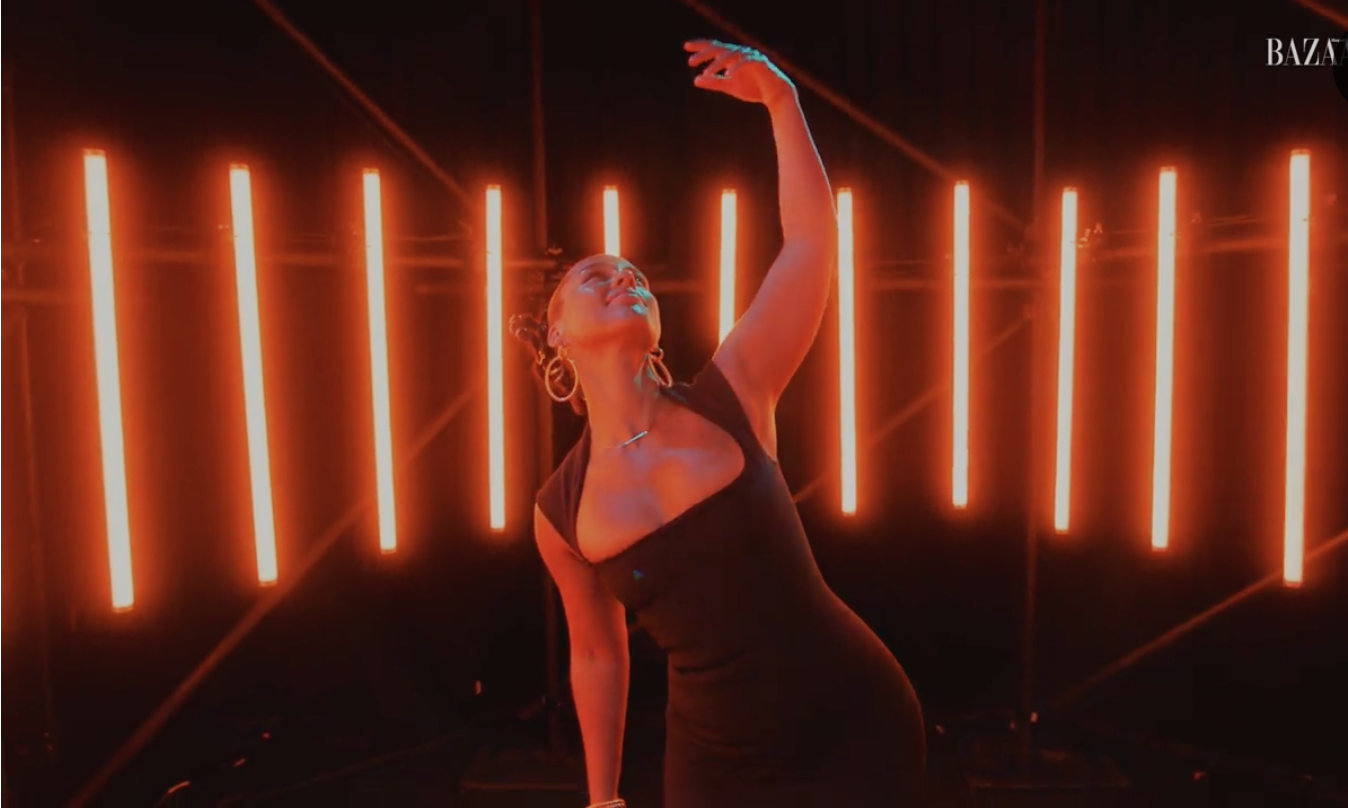



























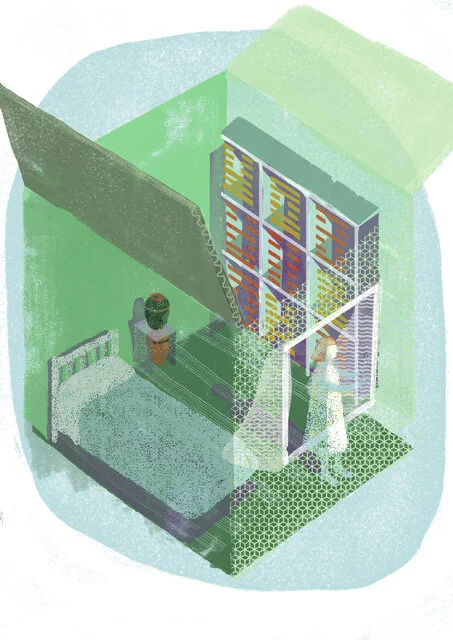




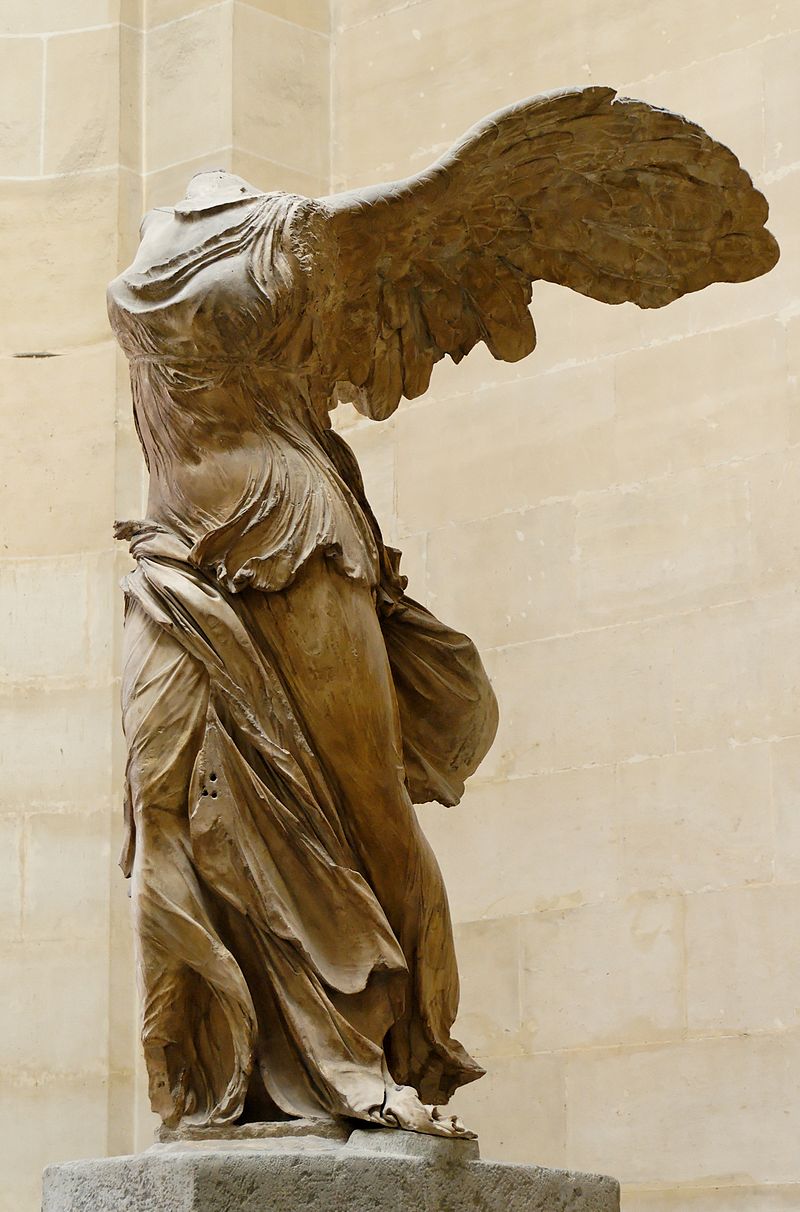









![death | Zofia Kowalewska [2018] - A short film based on a poem by Lukasz Jarosz](https://images.squarespace-cdn.com/content/v1/5745d9f137013b9d0a627c60/1552663877938-HMN0X2HSTFIVZ1FLQ3QF/Screen+Shot+2019-03-15+at+16.30.00.png)


![Henryk Kwiatek | Henry Flower [2018] - A short film inspired by literature](https://images.squarespace-cdn.com/content/v1/5745d9f137013b9d0a627c60/1549539461137-CE5GW0BAM6V9GDZ5TIQG/henry-flower.jpg)




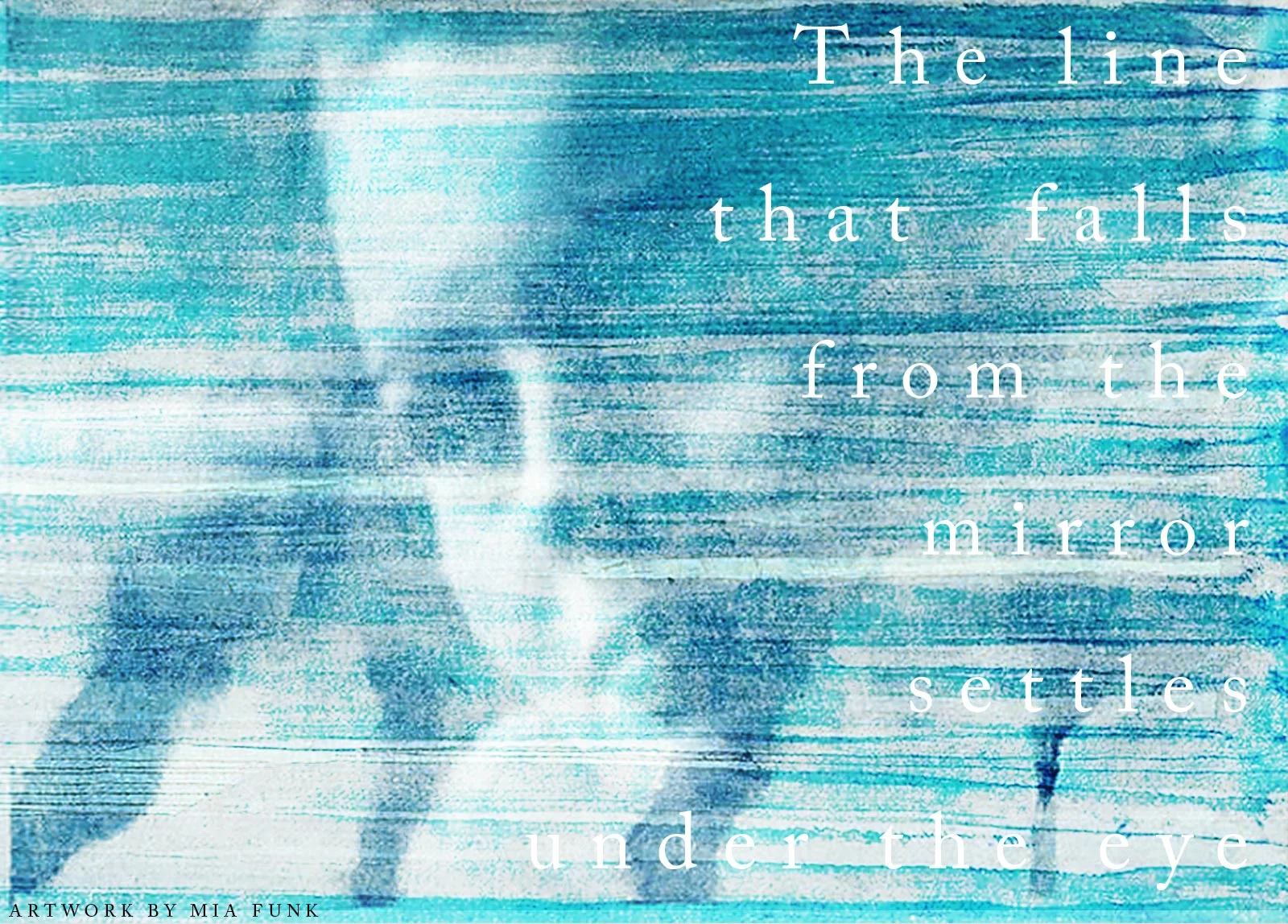
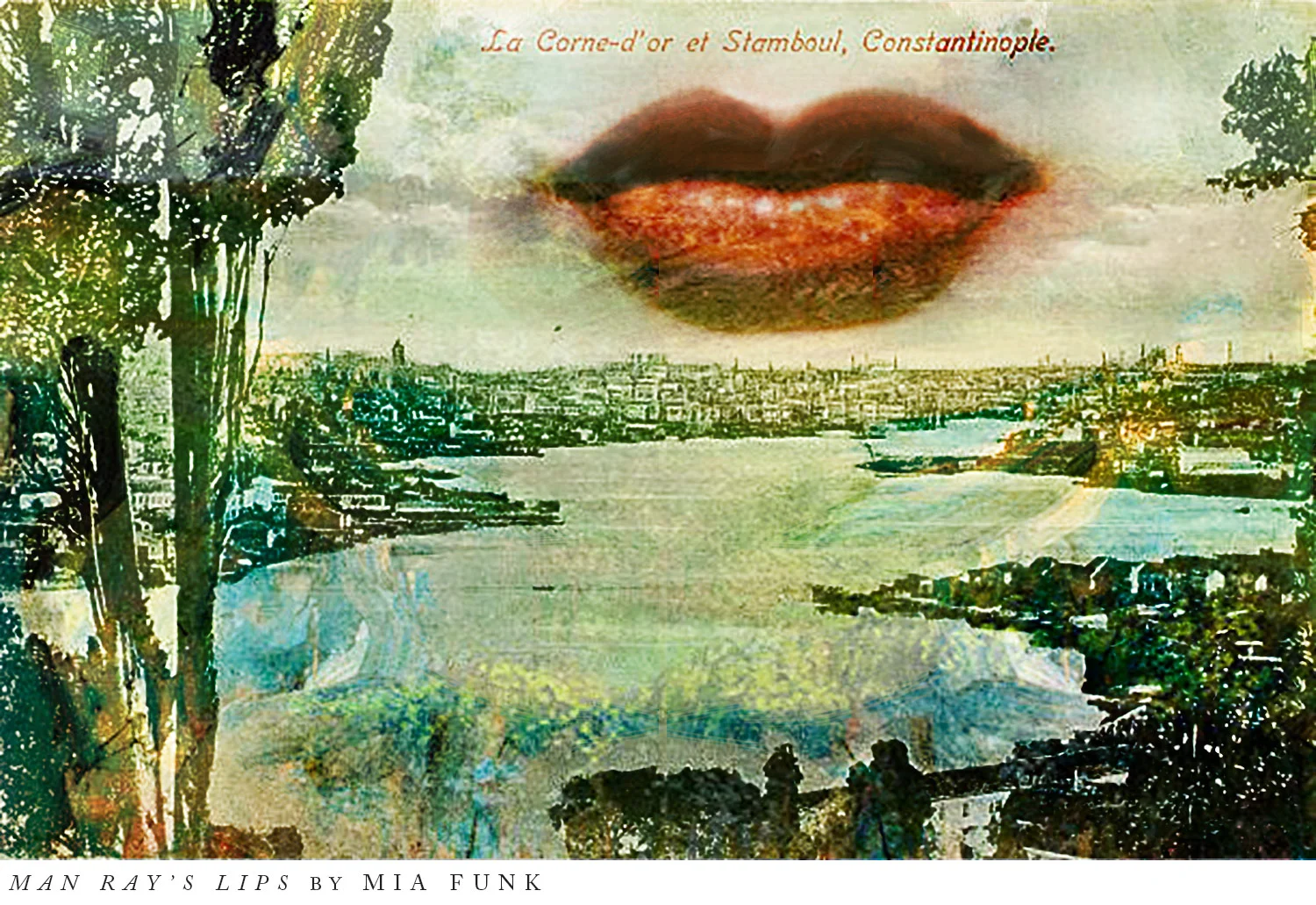
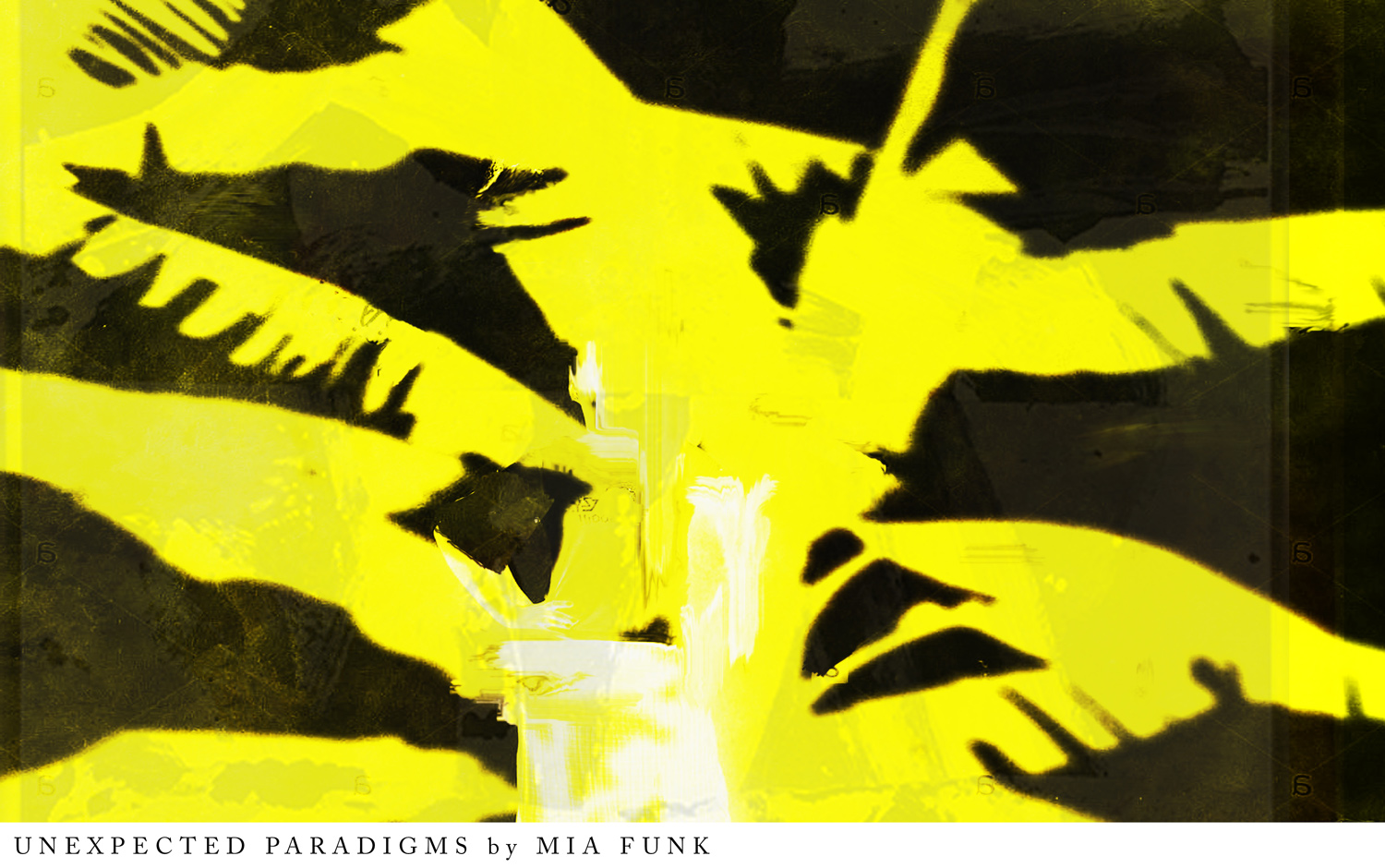







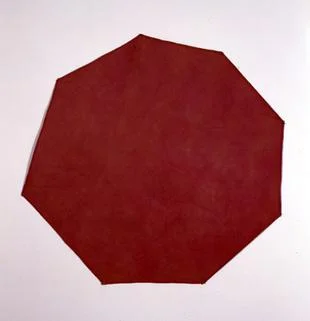



































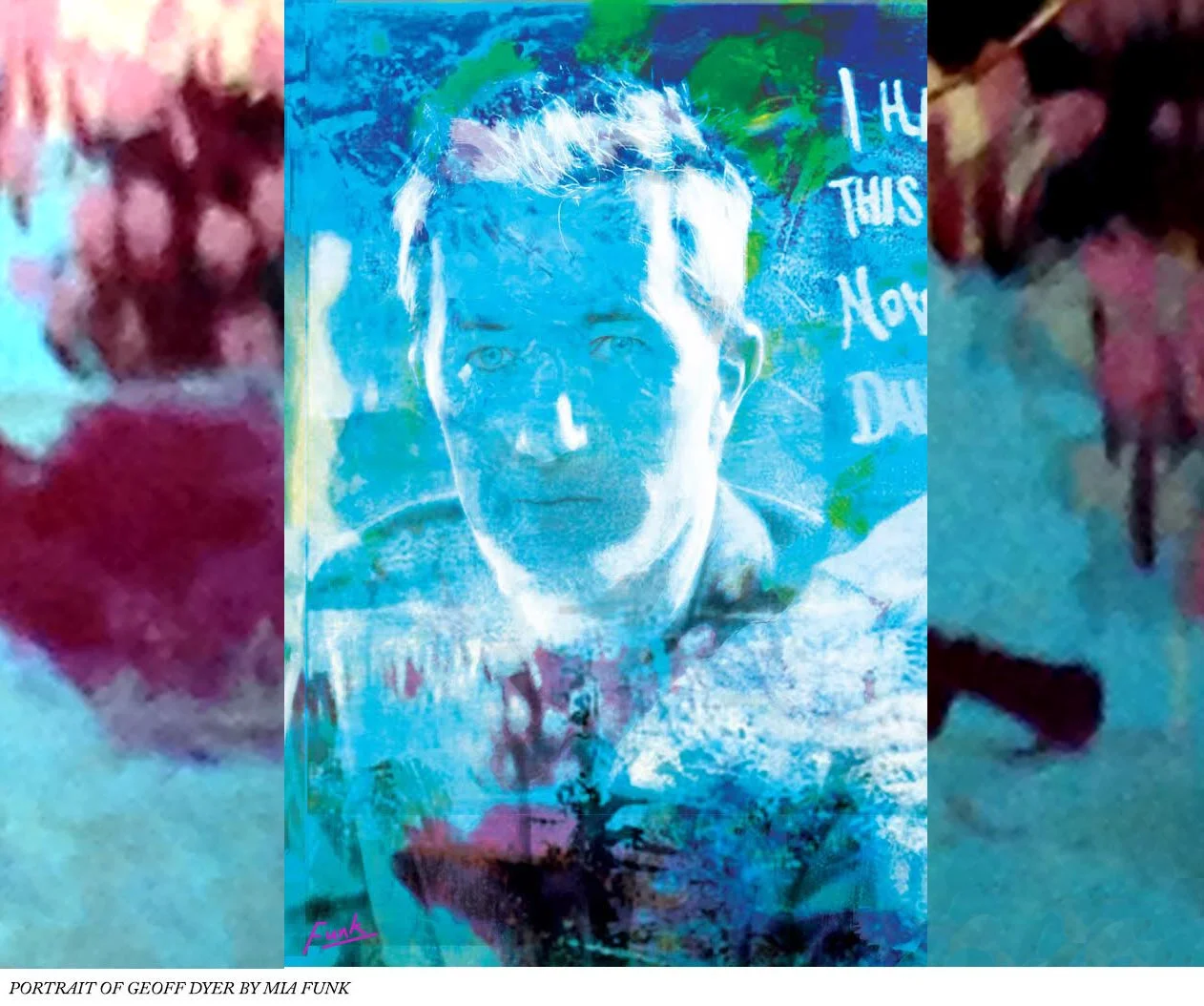








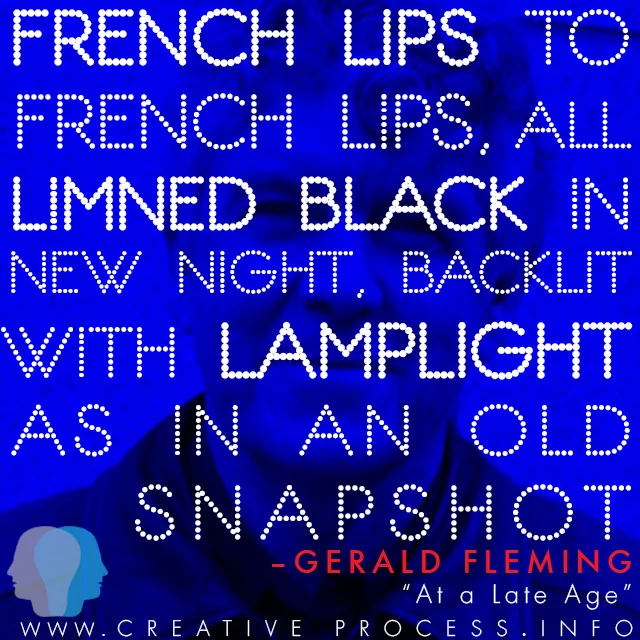


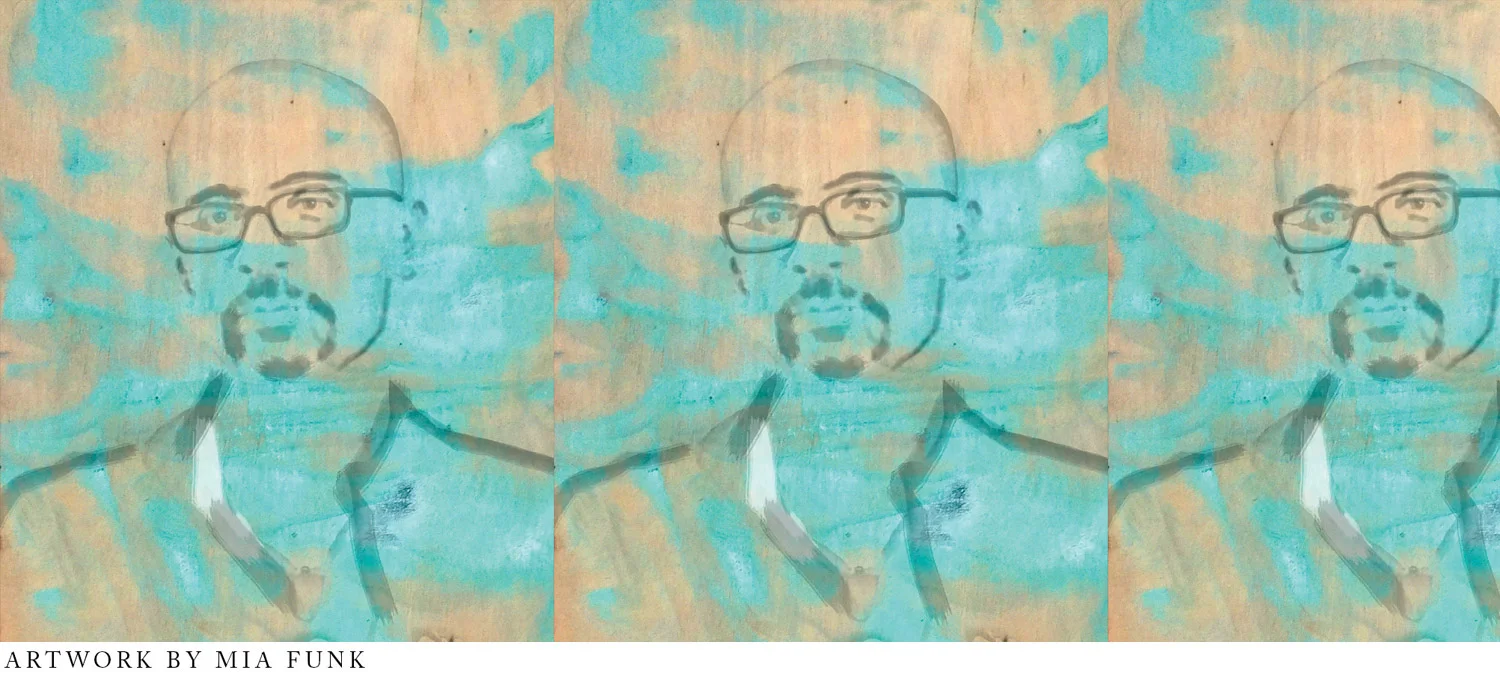





























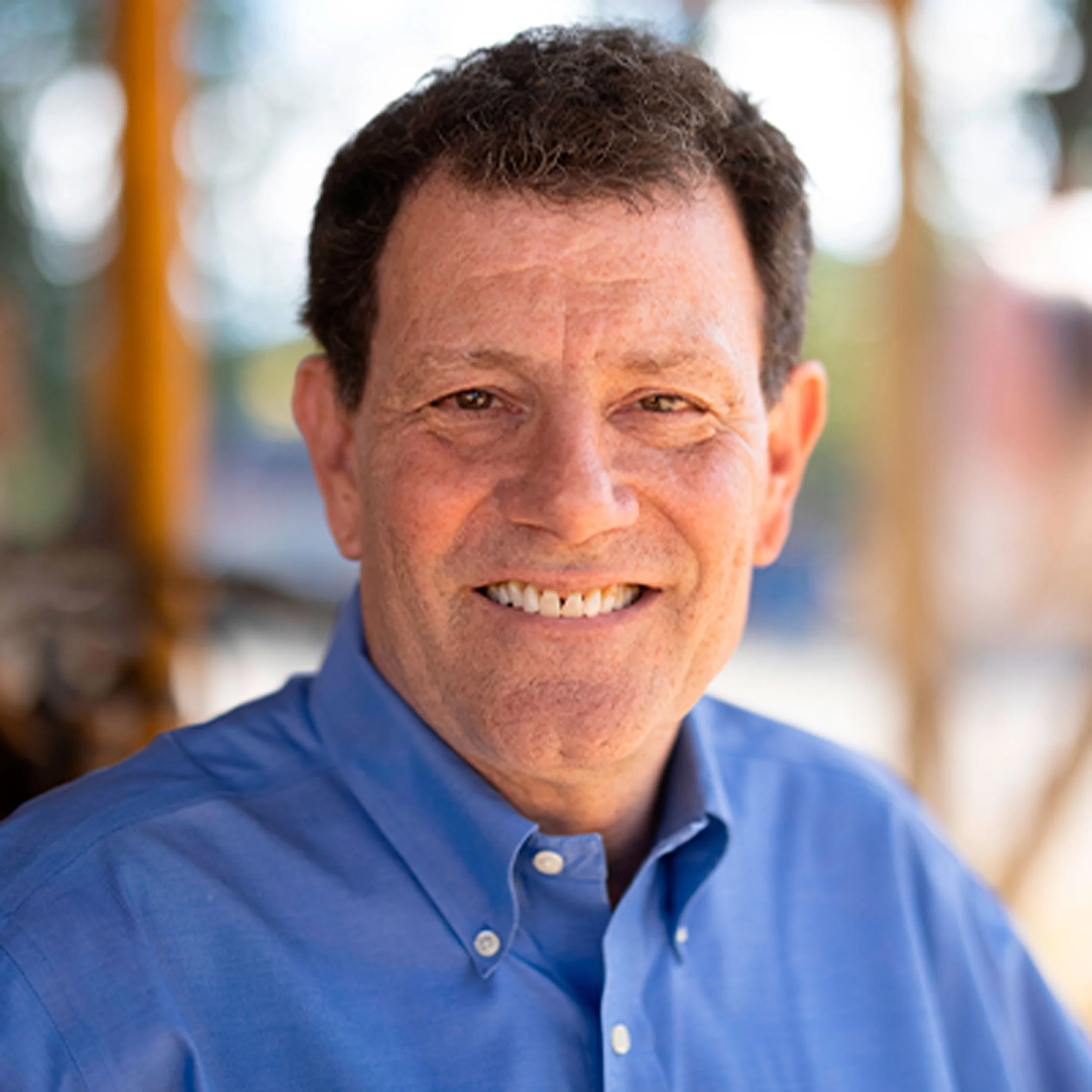

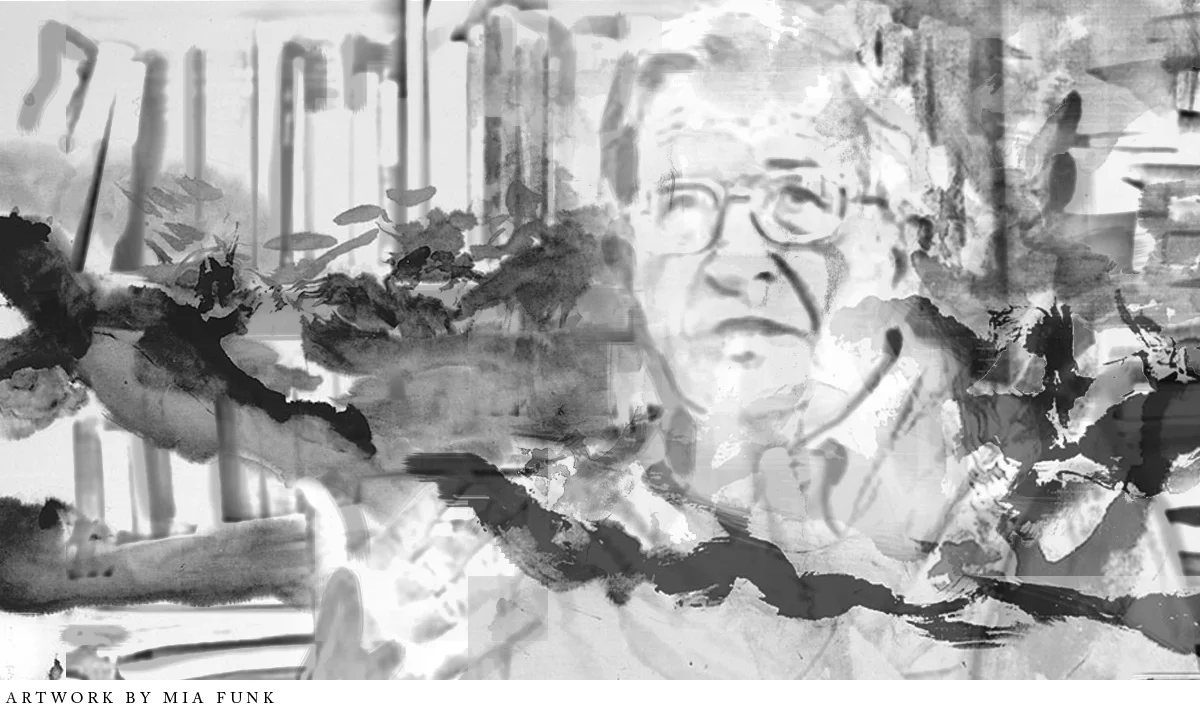













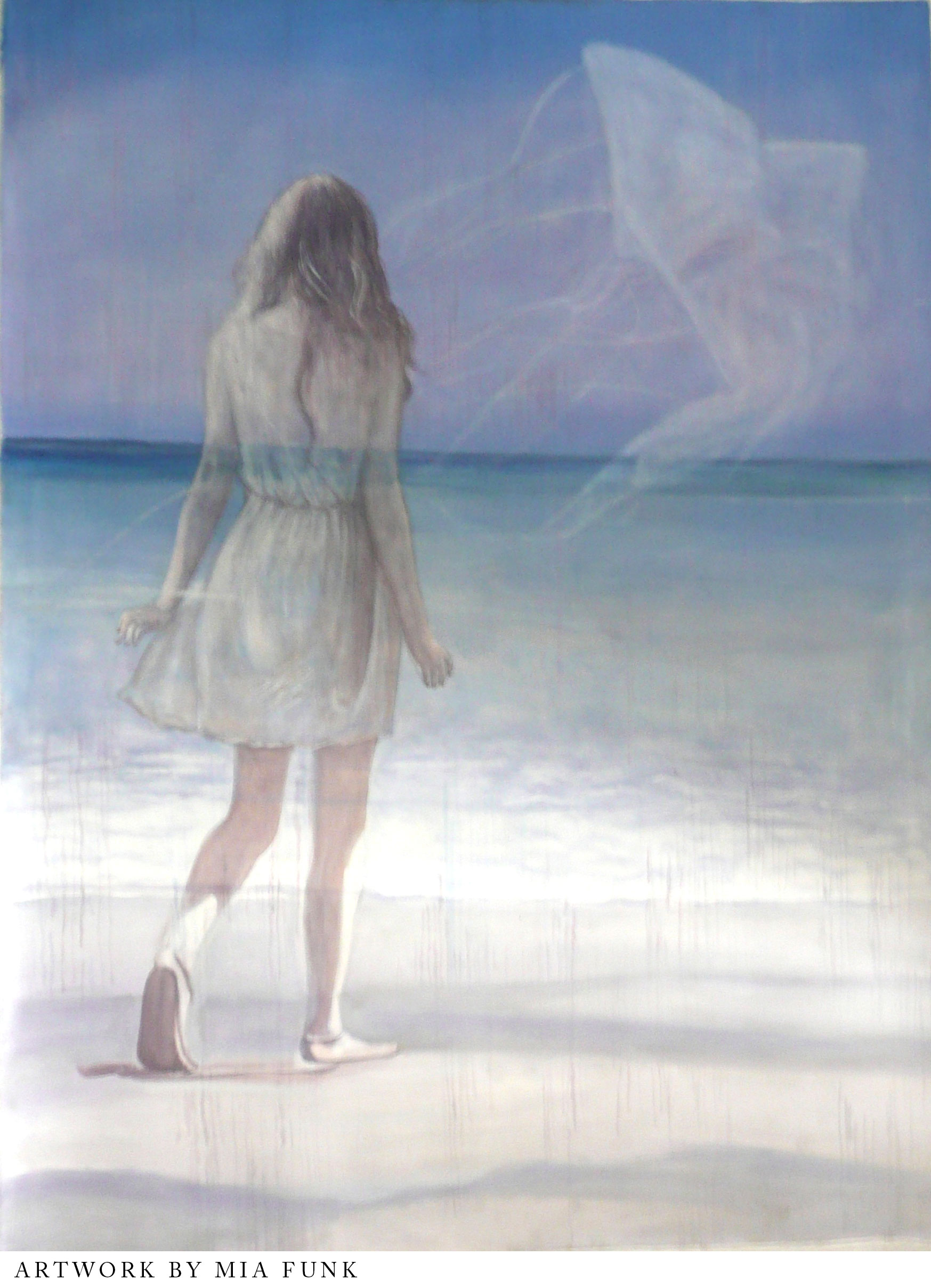













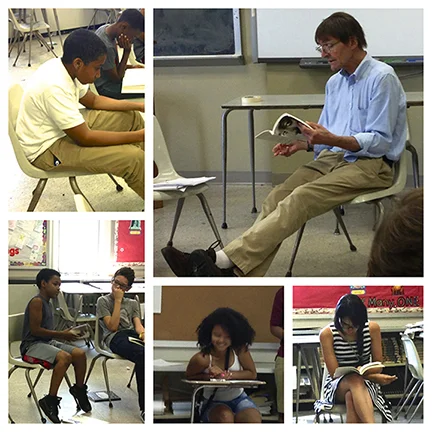





It is for the profound originality of this approach that the Panthéon-Sorbonne University is pleased to showcase the inaugural exhibition.